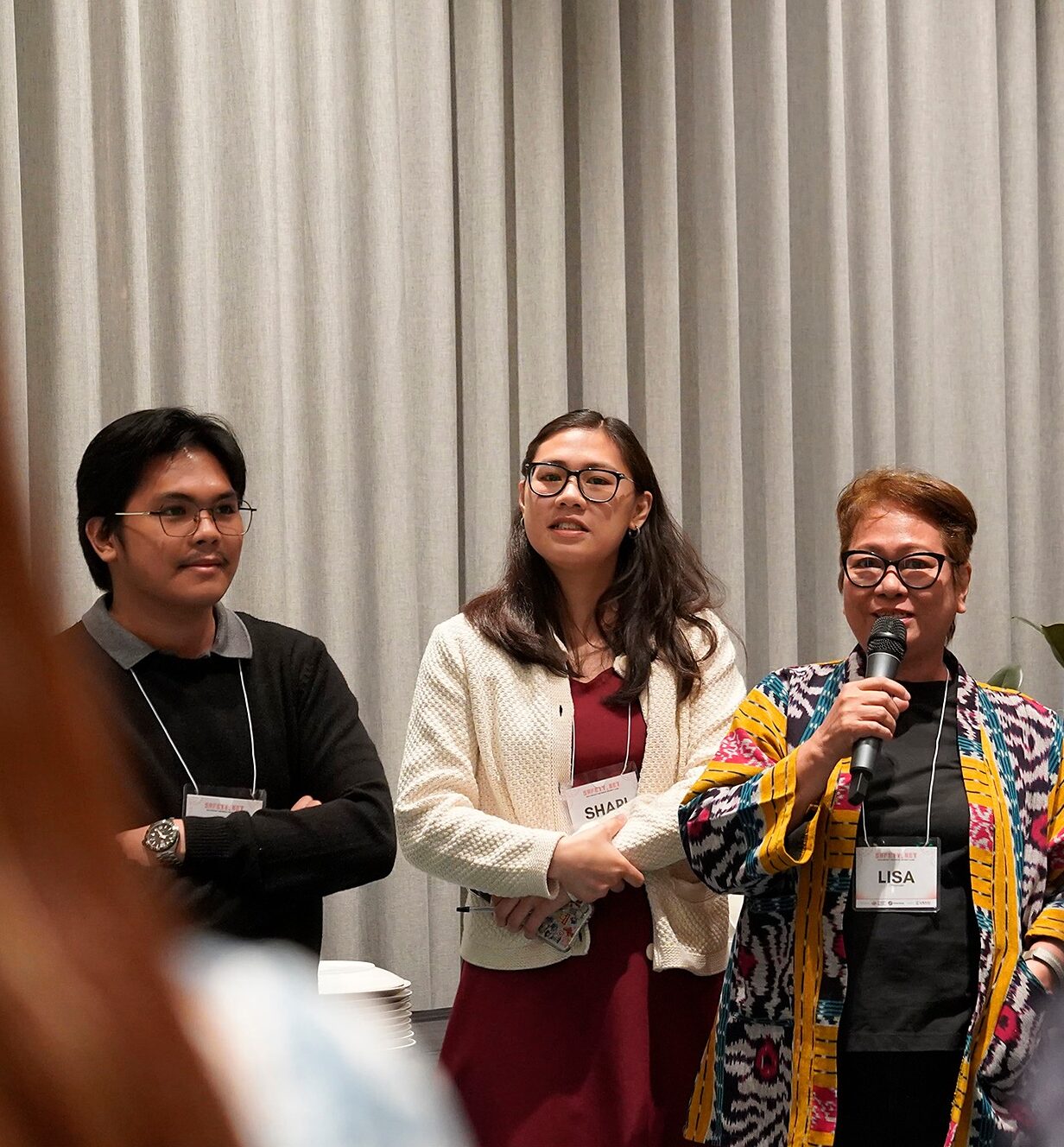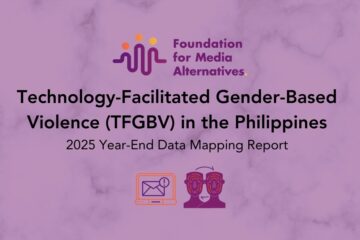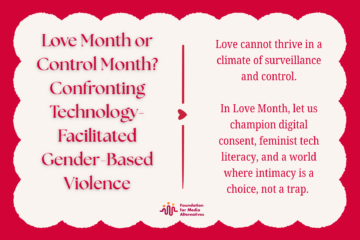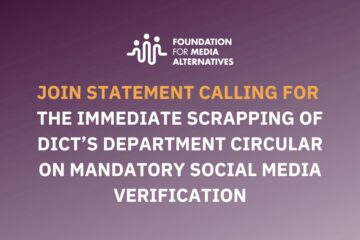Technology-Facilitated Gender-Based Violence (TFGBV) in the Philippines Year-End Data Mapping Report
Technology-Facilitated Gender-Based Violence (TFGBV) in the Philippines Year-End Data Mapping Report Reporting Period: January–December 2025 Gender-based violence remains a critical concern in the Philippines, affecting the safety, dignity, and rights of women, girls, and gender-diverse Read more



